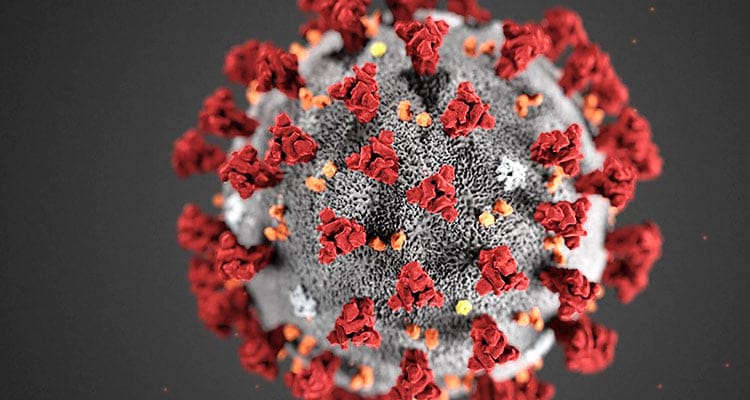Dr Tina is NOW AVAILABLE
Skin Cancer & Cosmetic Doctor MBBS, FRACGP, Member of Australasian College of Aesthetic Medicine Dr Tina was born in Taiwan and grew up in New Zealand. She graduated from Beijing University in 2010 and has since attained a fellowship at the Royal Australian College of General Practitioners. Dr Tina specialises in all aspects of skin […]
Dr Tina is NOW AVAILABLE Read More »




